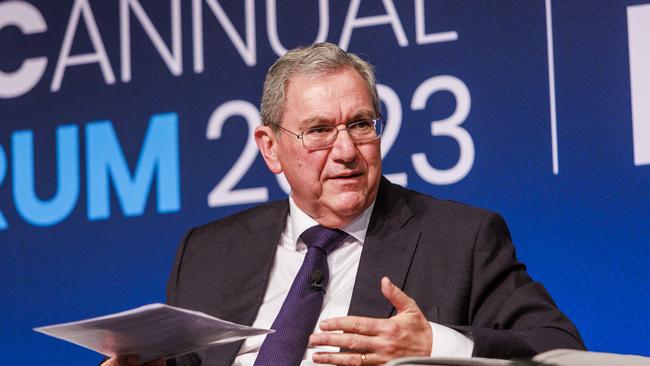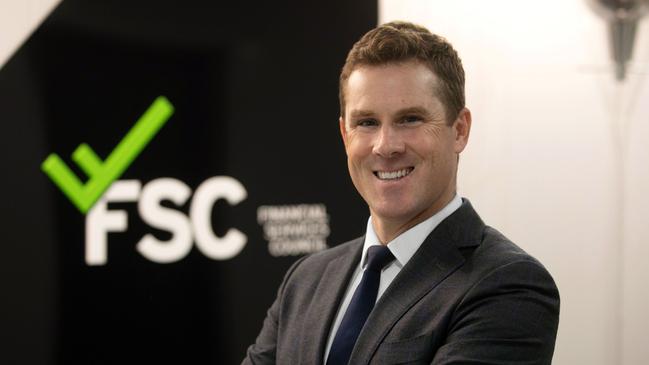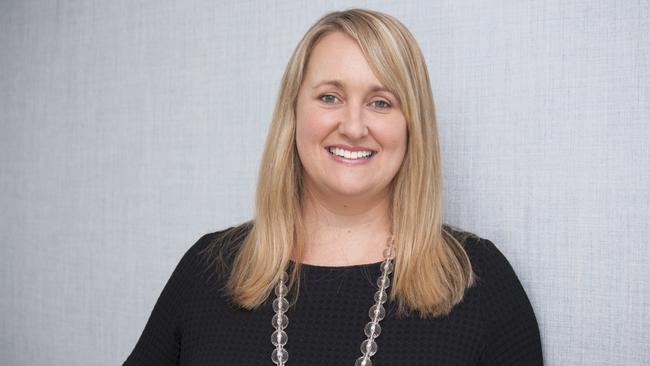If financial sector fears greenwashing crackdown too bad, says ASIC’s Joe Longo
Regulators cracking down on greenwashing claims risk freezing the financial sector on its ESG goals say industry watchers, but ASIC is unapologetic.

Australia’s chief regulator wants to be feared by the financial services sector, as the anti-greenwashing push grows amid a move for mandatory disclosures from corporate Australia.
But industry figures say the Australian Securities and Investments Commission’s greenwashing offensive risks taking with it the burgeoning ESG-focused funds management world and crimping the impetus of investment swinging away from coal and gas.
ASIC chair Joe Longo said he did not shy away from accusations the regulator’s actions were having a chilling effect.
Mr Longo said he made “no apology” about the regulator’s greenwashing enforcement efforts, under which ASIC has pursued financial giants such as Mercer and Vanguard over their claims made in documents to investors.
Greenwashing is the overstating of environmental or ESG credentials, claiming a product is cleaner than its reality, or that investments avoid coal and gas products when they do not.
“There’s no doubt that greenwashing is a very harmful activity,” Mr Longo said.
He said criticism of ASIC’s enforcement record around greenwashing needed to be “specific”.
“Now remember what problem it is we’re trying to solve. It’s just never been acceptable,” he said.
“Never been acceptable, either this year or 25 years ago, in trade or commerce, in distributing products, goods and services, to mislead and deceive.
“If people say to me, ‘Oh, well, you know, it all makes it really difficult for us to run our business because it has a chilling effect’, well, you know what? I intend to have a chilling effect over activity that is misleading and deceptive. I make no apology.”

In addition to ASIC’s pursuit of companies over greenwashing, the competition regulator is also cracking down on companies it sees as engaging in overly enthusiastic claims of environmental credentials.
Both ASIC and the ACCC have run strongly on greenwashing enforcement in the past year.
In March the ACCC ran a sweep of more than 200 company websites, and found almost 57 per cent made claims about environmental or sustainability practices that risked running afoul of the regulator.
It may be having the desired outcome; a report from the Responsible Investment Association of Australia recently pointed to a 16 per cent slide in the size of the domestic responsible investment market to $1.3 trillion at the end of 2022.
The report said there had been “tightening definitions of responsible investment by some large international investment managers” in response.
ASIC has taken aim at Mercer and Vanguard, as well as other superannuation funds, over their environmental claims.
Activist groups, including Market Forces, have taken aim at super funds over their investments in a bid to push the managers of retirement wealth to walk away from owning oil, gas, and coal projects.
ASIC, under Mr Longo, has even taken its greenwashing fight to former commissioner Sean Hughes, who moved over to Vanguard as the financial company’s general counsel in Australia.

But Mr Longo said the superannuation sector should see ASIC’s greenwashing enforcement as “the least of their problems”.
“So from my personal point of view, as ASIC, what’s my job to get good results for members? What’s a superannuation fund? Is it good results for members?” he said.
“So the they shouldn’t be worrying about greenwashing. They should be obeying the law.”
A review before Treasury may play a key role in how greenwashing issues play out in the coming years, as the department has noted it was aiming to “assist regulators address greenwashing”. This could lead to Australia developing or adapting a labelling system for investment products along the lines introduced in the United Kingdom.
“This lack of clarity and the limited ways to verify that investments are true to label can contribute to greenwashing, erode credibility in the sustainable finance market and ultimately result in a misallocation of capital,” Treasury’s report says.
Financial Services Council chief executive Blake Briggs said the industry, superannuation funds, and fund managers “share the government and regulator’s goal of ensuring sustainable investment options are true to label”.
But Mr Briggs pointed to the “reduction in sustainable investment product launches between 2021 to 2022” as a sign not all was well with “the ability of the financial services industry to support the climate transition and other sustainability goals”.
“As the sustainable fund market in Australia remains relatively small when compared with Europe and the United States, it is important we get the regulatory settings right if the government’s aim of greater sustainable finance flows is to be met,” he said.
The move late last week by the government to introduce draft legislation would progressively make climate disclosures mandatory over the coming years.

The legislation would likely mean the government would hold off requiring assurance, or auditing, of climate claims until 2030 in a move some industry sources said may mean ASIC would delay chasing down claims until the industry was ready.
BakerMcKenzie dispute resolution group partner Amy Middlebrook said there were a multitude of moving parts around greenwashing, as governments examine disclosures and market guidance.
“Everyone’s in this grace period, it’s all coming soon and it’s going to come to a head,” she said.
Ms Middlebrook said many companies understood the claims they were seeking to make, but there were issues around the standard of proof required to back them.
She said the difficulty around greenwashing often manifested in marketing, where companies sought to make claims that had traction in the market without running afoul of regulators.
Ms Middlebrook said companies coming to BakerMcKenzie for legal advice wanted to “get it right”, but d she wasn’t seeing “a huge amount of greenhushing”, as companies pulled marketing amid fear of regulatory attention.
But Ashurst APAC competition practice head Alyssa Phillips said she was increasingly seeing incidents of greenhushing, as companies wound back from making claims about products due to uncertainty about disclosure.
“I think every area of the economy is grappling with how to deal with claims around its environmental progress, its net zero ambitions and how that flows through to its products,” she said.








To join the conversation, please log in. Don't have an account? Register
Join the conversation, you are commenting as Logout